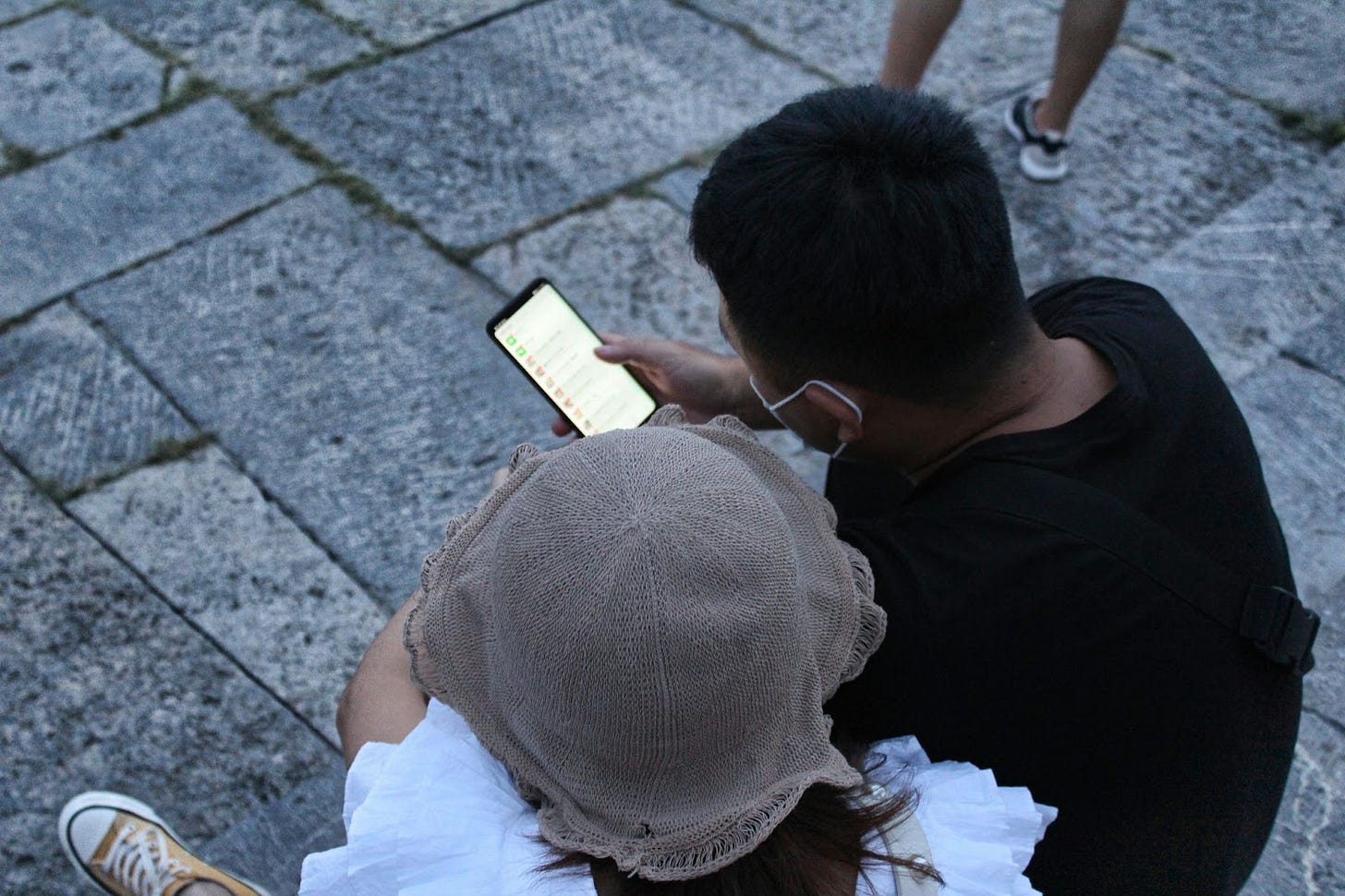Why School Cell Phone Bans Might Just Save Our Sanity
This week, New York became the tenth state to pass legislation banning cell phones in schools. What do these cell phone bans mean for our kids?
Remember when passing notes in class was the biggest distraction? Those were the days. Now students are sharing Snaps, TikToks, and memes under their desks—if the desks even exist in this flexible-seating, open-concept classroom era.
In an age where your average teen’s phone is basically a tiny supercomputer buzzing with every social notification imaginable, schools across the country are drawing the line: no more phones during the school day. Yesterday, Governor Hochul passed the latest bell-to-bell cell phone ban in New York for the 2025-2026 school year. New York will join ten other states that have recently passed similar legislation. And yes, it’s controversial. But here’s why it just might be one of the smartest moves that has been made in a while.
The Stats
According to a 2023 report by Common Sense Media, teens now average nearly 8.3 hours of screen time per day—not including time spent on screens for schoolwork. If that number made your jaw drop, you're not alone. That’s practically a full-time job in digital consumption.
Now, imagine trying to teach long division, Shakespeare, or photosynthesis while students are checking BeReal, responding to 37 group chats, and dodging FOMO because someone is live-streaming lunch.

The Research That Rings True
Mounting evidence shows that smartphones in schools are more of a hindrance than a help:
A 2023 study showed that college students who put their cell phones away during class had higher levels of course comprehension, lower levels of anxiety, and higher levels of mindfulness than those who did not.
Research from the London School of Economics showed test scores improved in schools that implemented phone bans—especially for lower-achieving students.
And teachers? A 2022 Pew Research survey found that 79% of teachers believe cell phones are a major distraction in the classroom.
It’s not just about focus, either. Studies link heavy smartphone use with increased anxiety, depression, and sleep disruption in teens. The school ban, then, is about more than academic performance—it's about protecting mental health too.
But Wait—Is This a Digital Overreach?
Not everyone is thrilled about the bans. Some parents argue that cell phones are essential for safety, especially in a world where school lockdown drills are, sadly, routine. Others fear the loss of digital literacy opportunities or the punitive enforcement of bans disproportionately impacting certain student groups.
Students themselves are divided—many admit phones are distracting, but still bristle at being told to put them away. (Because teenagers love being told what to do. Obviously.)
And some educators argue that teaching self-regulation is more realistic and valuable than a strict ban.
Valid points, all around.
Enter: The Cultural Reset
The way I see it, this isn’t just about removing phones from classrooms—it’s about hitting the reset button on a culture of distraction. It’s about providing all of our children with opportunities for:
Face-to-face interactions without constantly peering at a screen
Time to be bored, which research shows can boost creativity
Moments to be present without the constant ping of comparison and social pressure
It’s also a cue to parents and educators alike: We don’t have to accept the always-on lifestyle as inevitable. Just because tech is everywhere doesn't mean it belongs in every moment.
What Could This Mean for Kids?
More mindfulness, better grades, deeper friendships, and perhaps fewer panic spirals after seeing they weren’t invited to someone’s 2nd-period TikTok.
Removing phones during the school day can help students:
Develop longer attention spans
Build healthier digital boundaries and appreciate tech pauses
Get reacquainted with analog activities like reading, doodling, and socializing in person
Final Thoughts: Not Anti-Tech, Just Pro-Balance
Let’s be clear: no one’s suggesting that kids should not have access to technology. And, even without their phones, most kids still have a lot of exposure to technology at school. This isn’t about anti-tech fearmongering. It’s about creating a universal, purposeful pause in the non-stop scroll.
Cell phone bans in schools offer a unique chance to reestablish boundaries. They provide kids with the opportunity to think and learn more deeply and to develop more authentic relationships. If we want to raise thoughtful, balanced digital citizens, we might need to start by giving them some tech-free breathing room—one school bell at a time.



